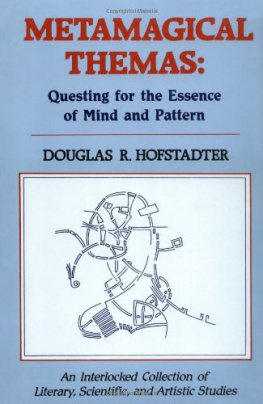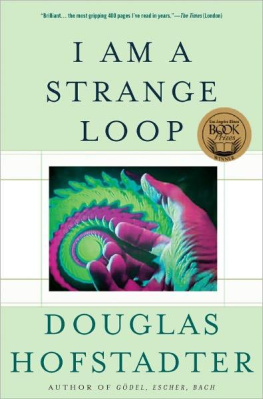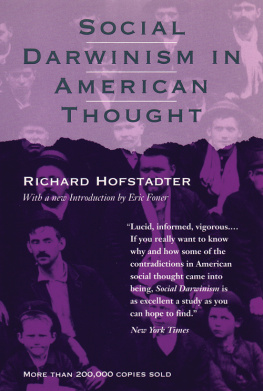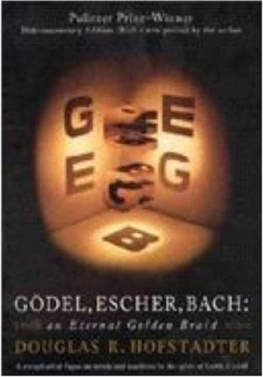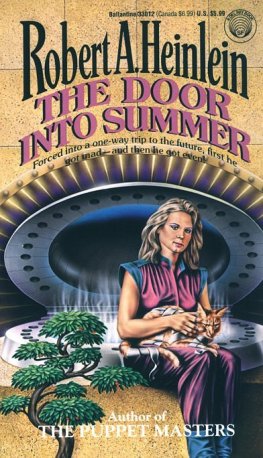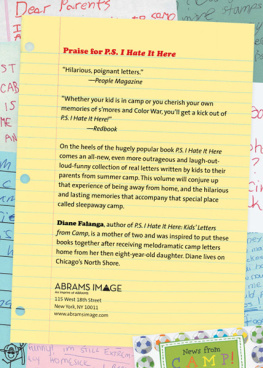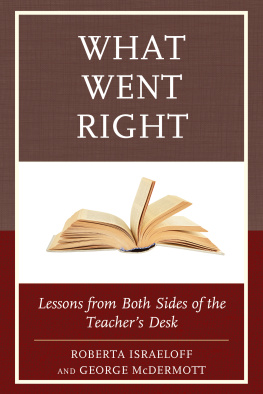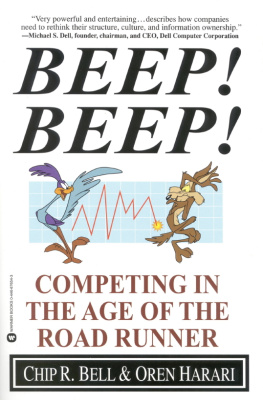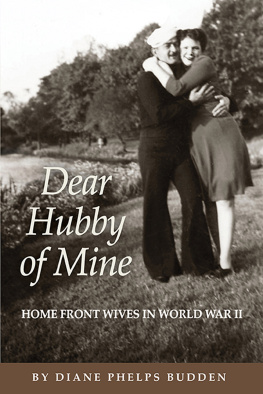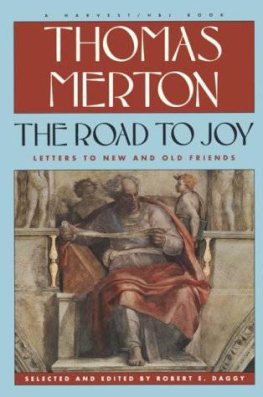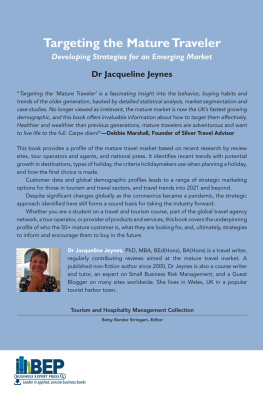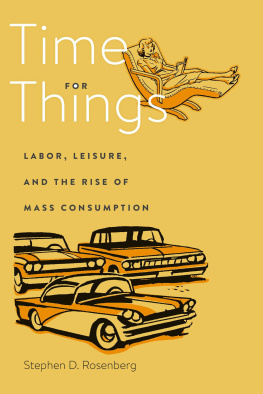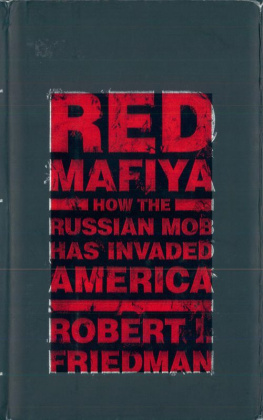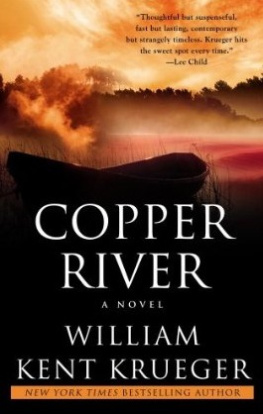Hofstadter - Metamagical Themas
Here you can read online Hofstadter - Metamagical Themas full text of the book (entire story) in english for free. Download pdf and epub, get meaning, cover and reviews about this ebook. year: 2012;1983, genre: Art. Description of the work, (preface) as well as reviews are available. Best literature library LitArk.com created for fans of good reading and offers a wide selection of genres:
Romance novel
Science fiction
Adventure
Detective
Science
History
Home and family
Prose
Art
Politics
Computer
Non-fiction
Religion
Business
Children
Humor
Choose a favorite category and find really read worthwhile books. Enjoy immersion in the world of imagination, feel the emotions of the characters or learn something new for yourself, make an fascinating discovery.
- Book:Metamagical Themas
- Author:
- Genre:
- Year:2012;1983
- Rating:3 / 5
- Favourites:Add to favourites
- Your mark:
- 60
- 1
- 2
- 3
- 4
- 5
Metamagical Themas: summary, description and annotation
We offer to read an annotation, description, summary or preface (depends on what the author of the book "Metamagical Themas" wrote himself). If you haven't found the necessary information about the book — write in the comments, we will try to find it.
Metamagical Themas — read online for free the complete book (whole text) full work
Below is the text of the book, divided by pages. System saving the place of the last page read, allows you to conveniently read the book "Metamagical Themas" online for free, without having to search again every time where you left off. Put a bookmark, and you can go to the page where you finished reading at any time.
Font size:
Interval:
Bookmark:
November, 1983
AN true intelligence be embodied in any sort of substrate-organic, electronic, or otherwise? Is mind more than pattern? How can we distinguish between a genuine mind and a clever facade? Is free will compatible with a materialist, mechanistic view of living beings? Is there a contradiction in the notion of rule-bound creativity? Do our emotions and intellects belong to separate compartments of our selves? Could machines have emotions? Could machines be enchanted by ideas, by le, by other machines? Could machines be attracted to each other, fall in love? What would be the social norms for machines in love? Would there and improper types of machine love affairs? Could a machine be frustrated and suffer? Could a frustrated machine release its pent-up feelings by going outdoors and self propelling ten miles? Could a machine learn to enjoy the sweet pain of marathon running? Could a machine with a seeming zest for life destroy itself purposefully one day, planning the episode so as to fool its mother machine into "thinking" (which of machines cannot do) that it had perished by accident?
These are the sorts of questions that burned in Alan Turing's brain, and, taken at another level, they reveal highlights of Turing's troubled life. It would require someone who shares much with Turing to plumb his story deeply enough to do it justice, and Andrew Hodges, a young British writer with a doctorate in mathematics, has wonderfully succeeded in doing so. His 500 page biography of Turing painstakingly put together from innumerable sources, including conversations with scores of people who knew Turing at various stages of his life, provides as vivid a picture as one hope of a most complex and intriguing individual. And it's about time,
for not only was Turing a very significant person in the science of this century, but his fascinating and difficult life illustrates serious problems that yet has not yet grappled with successfully.
Hedges' rich and engrossing portrait is not the first book about Turing, since his mother, Sara Turing, wrote a sketchy memoir a few years after her son's death, which presents an image of Turing as a lovable, eccentric boy of a man, filled with the joy of ideas and driven by an insatiable curiosity about questions concerning mind and life and mechanism. Hodges goes far more deeply into Turing's mind, body, and soul than Sara Turing ever dared, for she wore conventional blinders and did not want to see how poorly her son fit into the standard molds of British society. Alan Turing was homosexual, a fact that he took no particular pains to hide, especially as he grew older. And for a boy growing up in the 1920's and for a man in the next few decades, being homosexual-especially if one was British and belonged to the upper classes-was an unmentionable, terrible, and mysterious affliction.
Alan Turing, an atheist, homosexual, eccentric English mathematician, was in large part responsible not only for the concept of computers, incisive theorems about their powers, and a clear vision of computer minds, but also for the cracking of German ciphers during World War 11. It is fair to say that we owe much to Alan Turing for the fact that we are not under Nazi rule today. And yet this salient figure in world history has remained, as the book's subtitle says, an enigma.
Turing was born in London in 1912 of relatively well-to-do parents in the civil service in India. Not long after his birth, his father returned to India, followed by his mother, and they spent the next few years there, leaving young Alan in England. Then they decided to return closer to England, and for a time lived in France, which gave Alan the opportunity to take school vacations there and learn French. As a boy, he was inquisitive and humorously inventive but definitely not a child prodigy. At age thirteen, he was sent off to a boys' private boarding school called Sherborne, in the west of England. He made quite a hit his first day, for he arrived on bicycle, having pedaled the 60 miles from Southampton, where the ferry from France had left him on a day of general strikes and no trains. However, as the weeks passed, his hero status declined as he revealed himself to be a rather untidy pupil prone to getting ink all over himself, and one who did not distinguish himself in most of his classes. Alan was a solitary boy and his first venture into serious friendship came to an unexpected and tragic ending, when his friend and idol, Christopher Morcom, succumbed to bovine tuberculosis.
Alan never forgot this first and perhaps deepest of all his human contacts, for it was in fact a mixture of friendship and love. Although Alan never confided his love to Chris, it is apparent that Alan was in love with him. Later in life, Alan would have romances with other men, as well as more numerous and more sordid one-night stands, but the purity of his love for Christopher Morcom was never surpassed. A flame in Alan's heart continued to burn for Iris Morcom, and he faithfully visited the Morcom family for years afterward, seeking some sort of spiritual communion with his lost friend. j!erhaps this was one of the key sources of Alan's abiding interest in the connection between the elusive human soul and its mortal incarnation.
At Sherborne, Alan excelled at mathematics to the exclusion of pretty much everything else. In the end, his school recognized his great talent and awarded him several science prizes. At age twenty, Alan went on to Cambridge. This was 1933, and the scientific world was charged with the excitement of absorbing several revolutionary discoveries of the previous decade. Relativity, one of Turing's early obsessions, was now old hat, while quantum mechanics and mathematical logic were in their heyday. Quantum mechanics made a deep impression on Alan's mind. In quantum systems such as an atom, an electron can jump from one orbit (or "state") to another without occupying any intermediate position between them. It would be as if a space satellite jumped from one orbit to another without traveling between them.
Equally striking to Turing was the mechanization of mathematical reasoning, which he first read about in a philosophical book by Bertrand Russell. Later he studied the ambitious "Hilbert program", whose aim was to demonstrate the possibility of capturing in a single system all the valid principles of mathematical reasoning. In that system, all possible true consequences would flow out of a small set of axioms by means of a well-defined set of rules, like automobiles from an assembly line, or physical systems jumping from one state to another. This image of a machine that jumped from one state to another according to a finite set of rules became uppermost in Turing's mind. What fascinated him was the idea that such meaningless actions could also be viewed as having meanings. For instance, one rule-obeying machine might be viewed as making moves of chess, ' another as producing truths of mathematics, and yet another as writing poetry.
In 1931, the Austrian logician Kurt Gdel devastated Hilbert's and Russell's hopes of creating a perfect formalization of all mathematical reasoning. Gdel had demonstrated that there were undecidable propositions in any consistent axiomatic system of the Hilbert-Russell sort, propositions based on famous paradoxes of logic that had plagued logicians ever since the Greeks. (The sentence "I am lying" is a good example, as is the fruitless exercise of trying to catch a glimpse in the mirror of what you look like with your eyes perfectly closed.) What GOdel had left unsettled, however, was the question of whether, given an axiomatic system' and an arbitrary proposition in it, one could determine mechanically whether that proposition was undecidable in that system. If this were possible, then one could discard undecidable propositions as easily as one trims pieces of fat from a steak; if it were impossible, then mathematics would resemble a piece of steak riddled with gristle, so that no matter how you slice it, what remains will contain some gristle.
Font size:
Interval:
Bookmark:
Similar books «Metamagical Themas»
Look at similar books to Metamagical Themas. We have selected literature similar in name and meaning in the hope of providing readers with more options to find new, interesting, not yet read works.
Discussion, reviews of the book Metamagical Themas and just readers' own opinions. Leave your comments, write what you think about the work, its meaning or the main characters. Specify what exactly you liked and what you didn't like, and why you think so.

